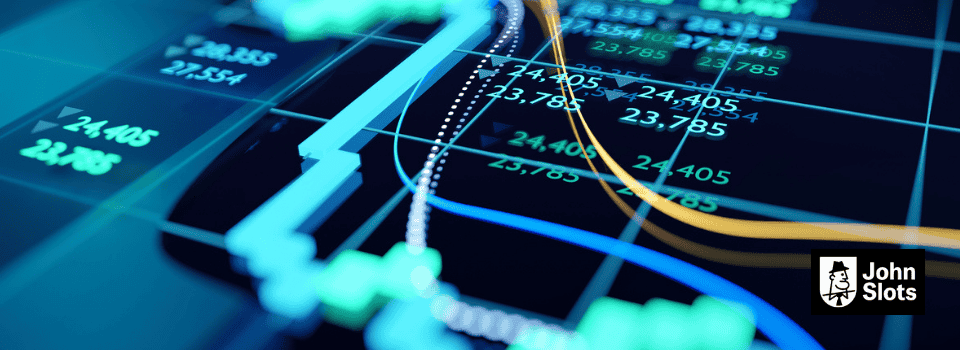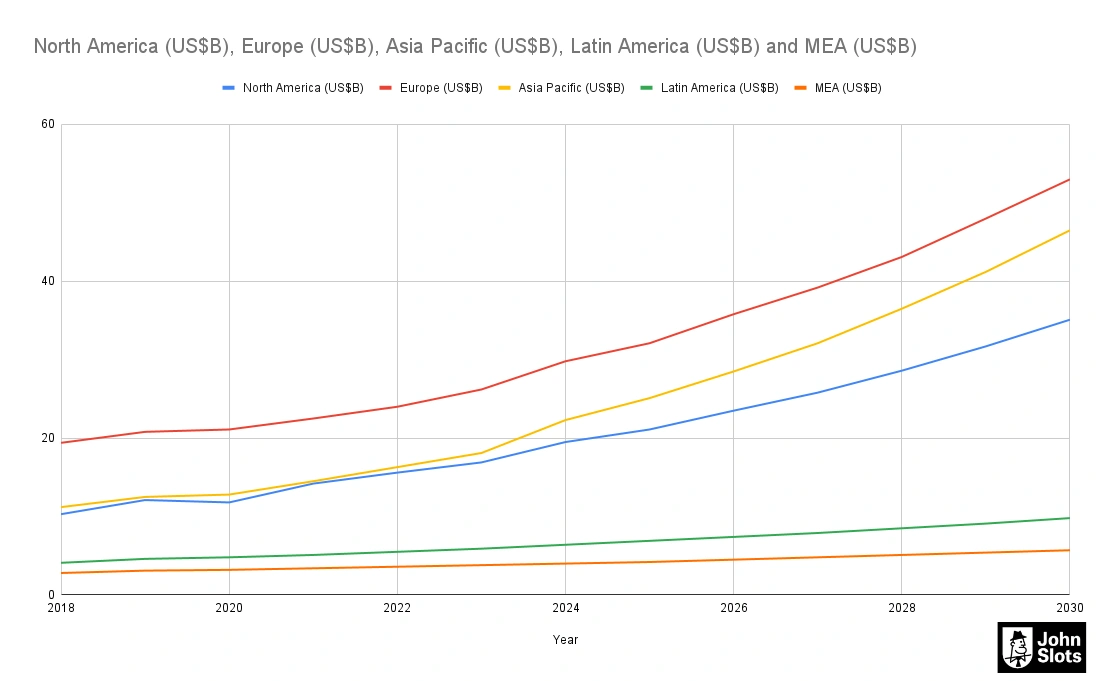What favour are the recession bets currently leaning?
A recession is officially called a recession when the GDP (gross domestic product) falls for two successive quarters, which equates to six months. The end of the recession is marked when the figures see their first increase at the end of a quarter. So how can people predict whether we are entering a recession?
Predicting a recession is less about intuition and prophecy, and instead is based on various economic factors that indicate an economic decline. These factors can include inflation, the stock market, high unemployment levels, low business spending, home pricing and even the price of gold. If negative trends are apparent from one quarter to the next, the bets on a recession will increase.
Polymarket and Kalshi, the two main sites for predicting the outcome of real-world events, currently have the likelihood for a recession at 7% and 5% respectively (Editor’s note: these are the numbers at the time of writing this article. The bets are still ongoing, so the numbers might change).
These numbers have significantly decreased from April/May this year where the probability was up to almost 70%. The reason for this decrease isn’t always clear, but in this case it’s likely to be related to the United States revised tariff plans. In April, President Trump’s Liberation Day tariffs caused worldwide economic unease with the unexpectedly high rates, but the water has since settled, with the more extreme tariffs either being rolled back or paused. Since this shift, the threat of a recession has decreased.
Forecasters at Oxford Economics still have their predictions at 35% that a recession is likely to happen within the next year, which is still higher than the 15% baseline. However, gamblers are going against the Oxford Economics and betting that it is now looking considerably less likely since the tariff trade war has eased.

How does a recession impact the gambling industry?
It is not uncommon for times of economic turbulence to influence individuals behaviour, which offers an explanation for the change in gambling behaviour during recessions. Generally, this can go one of two ways. One the one hand, the individual’s desire for risk aversion means that they steer away from gambling behaviour for reasons such as financial circumstances or a disengagement with non-essential spending. On the other hand, individuals lean into gambling as a form of entertainment or the once in a lifetime chance of winning the jackpot.
Regardless of which route people are taking during a recession, gambling has become increasingly more accessible with its ever growing online presence. The iGaming industry has been one of the fastest growing industries and its predicted growth between now and 2030 is nearly 12%. But what would this mean for a growing industry if a recession was to hit?

Online gambling market growth 2018-2030
It is commonly believed that all forms of gambling increase during a recession, but history proves that this isn’t always the case. During the 2008 recession, the United States saw nearly a 5% decrease in casino revenue but a 6% increase in lottery tickets. This means that casino gambling saw a decline in popularity while the Lottery was on an upswing. A possible explanation for this is because lottery tickets are cheaper, accessible to purchase on both a digital and physical platform, along with the Lottery dream of winning big.
The more recent recession during the COVID-19 pandemic saw different results, largely due to the massive online casino presence and the world going into lockdown. Despite the absence of sports to bet on, regular gamblers were sports betting more than they would have before the pandemic. As an alternative to sports betting, people were moving towards online casino games, with 41% of people opening a new account in the first month of lockdown. While the 2020 recession was a direct result of the pandemic, it is important to consider that spending habits changed because more people were spending time at home, meaning this data doesn’t necessarily accurately reflect gambling habits during a recession.
Managing the iGaming industry during a recession is a difficult balancing act. This year alone the iGaming industries will generate £3.6 billion in tax revenue which the government relies on as one of its primary sources. During economic downturns, some governments may look to promote or expand gambling activities to generate more revenue. However, this creates a domino effect with social concerns and individual, financial well-being which will create issues later down the road.
There are indicators that individuals can base their predictions as to when the next recession will hit, but whether they are accurate or not is another story. In April of this year, the bets were in favour of a recession at 70% and the recession never happened, showing that there is no way to accurately forecast the future. If a recession were to occur in the coming years, it will be interesting to see how the rise of technology and online casinos impact how players are interacting with gambling activity and what their preferences are.



